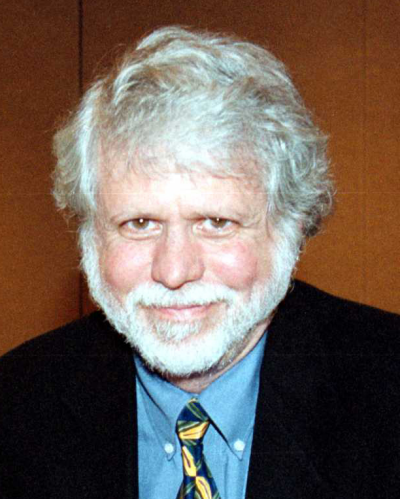 Steven Reppert, MD |
Research by Steven Reppert, MD, the Higgins Family Professor of Neuroscience and chair and professor of neurobiology, Lauren Foley, a Graduate School of Biomedical Sciences student and Robert Gegear, PhD, a post doctoral fellow in the Reppert lab, now an assistant professor of biology and biotechnology at Worcester Polytechnic Institute, may be sparking new interest in the possibility that people can sense the earth’s magnetic field. The New York Times, British Broadcasting Company and half a dozen media other outlets have written about Dr. Reppert’s latest scientific discovery, published in Nature Communications, demonstrating that a human protein found in the retina has the molecular capability to function in a magnetic sensing system.
“Additional research on magneto sensitivity in humans at the behavioral level, with particular emphasis on the influence of magnetic field on visual function, rather than non-visual navigation, would be informative,” wrote Reppert and his colleagues in the study.
Read the full press release
Read Dr. Reppert’s study in Nature Communications
News coverage:
Magnetic Field Sensed by Gene, Study Shows
New York Times
Human eye protein senses Earth's magnetism
BBC
Humans have a magnetic sensor in our eyes, but can we detect magnetic fields?
Discover Magazine
Humans May Have 'Magnetic' Sixth Sense
Live Science
Humans Could Have Geomagnetic Sight
Wired Science
Humans just might have a 'magnetic' sixth sense
MSNBC
Humans may have sixth sense after all
CBS News
We have the right stuff to sense magnetic fields
New Scientist